Being the daughter of a detective sergeant in Merseyside police, I became fascinated by crime and death at a very young age. I would bombard my dad with questions about his day from the second he walked through the door.
While in senior school, a teacher overheard me talking to friends about how much I wanted to be a pathologist and how interested I was in historic crimes such as the Ripper murders. This teacher convinced me to read a book by Patricia Cornwell and I knew that this was the field of work that I wanted to get in to. I researched how I could become Kay Scarpetta and soon realised that medical school wasn’t really for me but a contact of my dad’s in the local city mortuary, told me about what it was like for him being an APT.
The APT in the city mortuary piqued my curiosity and after a lot of harassment on my part, gave me a lot of advice and soon I was handing in my notice at Argos and joining the Royal Liverpool Hospital as a medical laboratory assistant in Biochemistry. I waited two years when finally, in 2010, a trainee post was advertised in the Countess of Chester. After an agonising afternoon of waiting for news, I was offered the position.
I joined what I think, is the greatest certificate cohort of all time and I still consider them to be some of my most amazing friends. We’ve had weddings, babies and a few reunions at the AAPT educational event over the years. Its always nice to catch up and talk about what we have all been up to!
In 2013, I said goodbye to the Countess and came home (to the better side of the river Mersey) to Alder Hey where I experienced paediatrics for the first time. I have never looked back and have definitely found my calling here.
The satisfaction I get looking after every one of my patients from booking them in to the mortuary, to reconstruction, to releasing them back to their families is off the charts. My patients are the epicentre of everything I do here, and I love knowing that I have brought even a tiny bit of comfort to a family at the worst time of their lives.
We are constantly improving and expanding the paediatric service that we provide here; we now cover a wider area including Northern Ireland. We have also set up a forensic paediatric ophthalmology service that serves police forces across the UK and we are currently developing our digital pathology service.
I have recently been appointed the mortuary lead for Alder Hey and I am about to finish the Edward Jenner Leadership course. Over the next few months that I will be making a start on my voluntary registration with the Science Council and hope to get to the next AAPT educational event for another class of 2012 reunion!
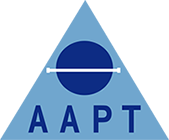
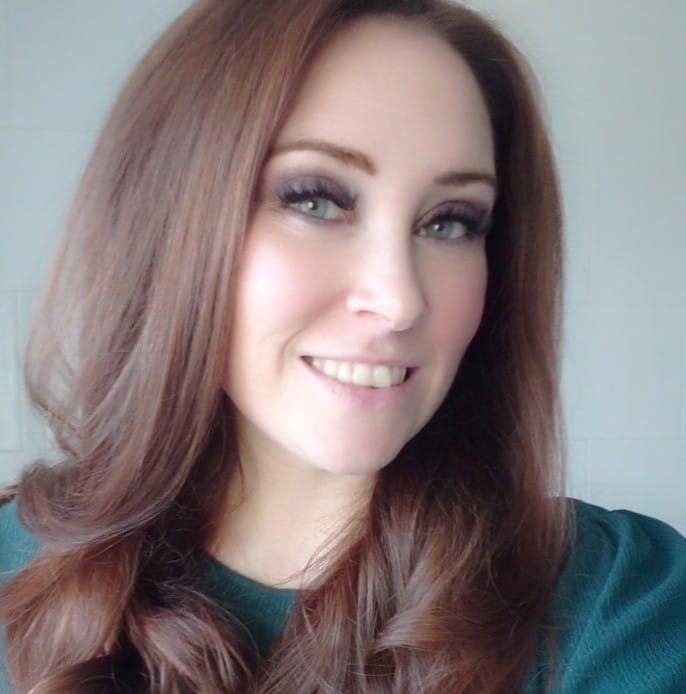
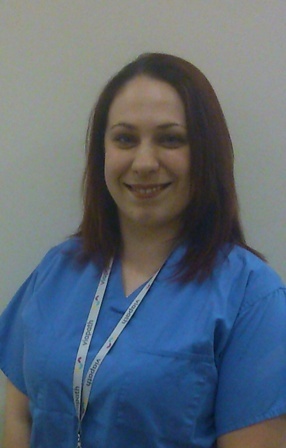
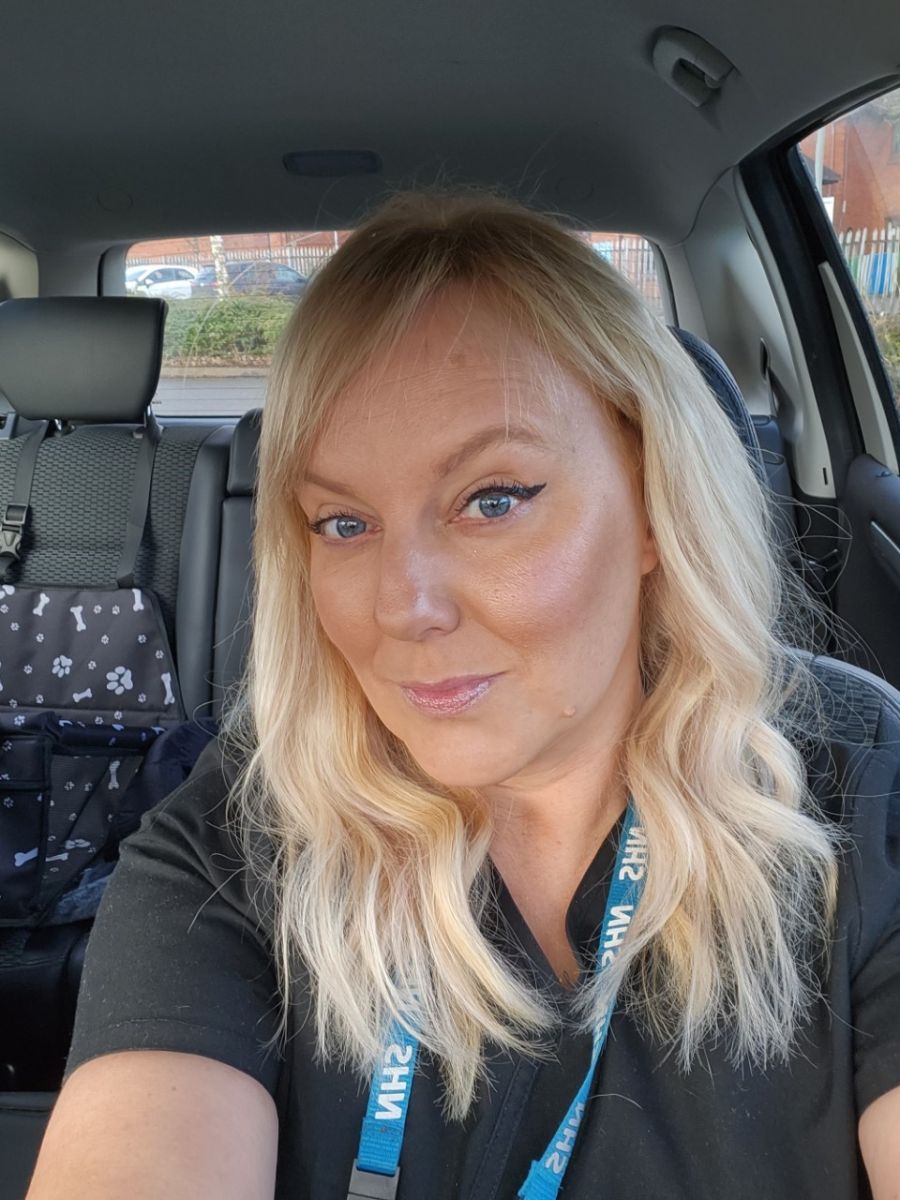
(1).jpg)
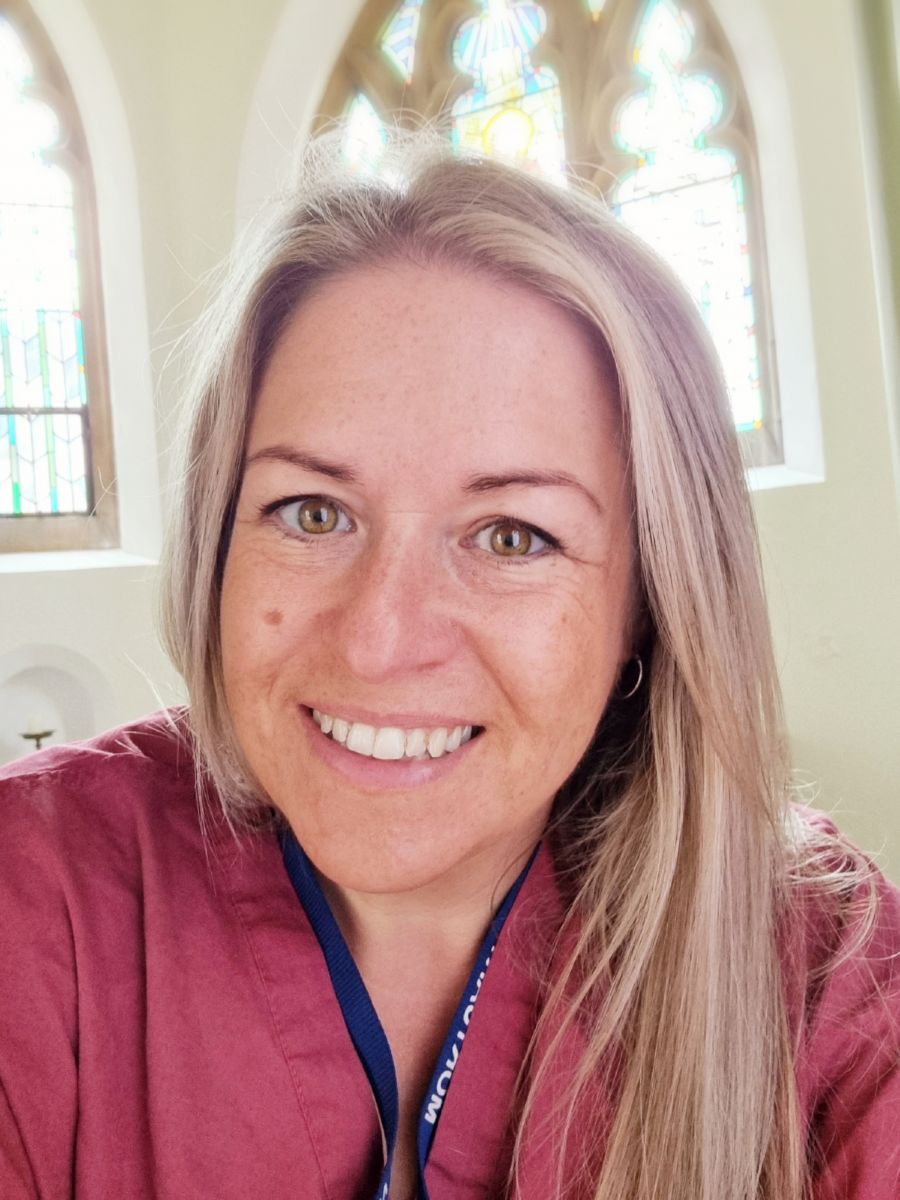

(1).jpg)
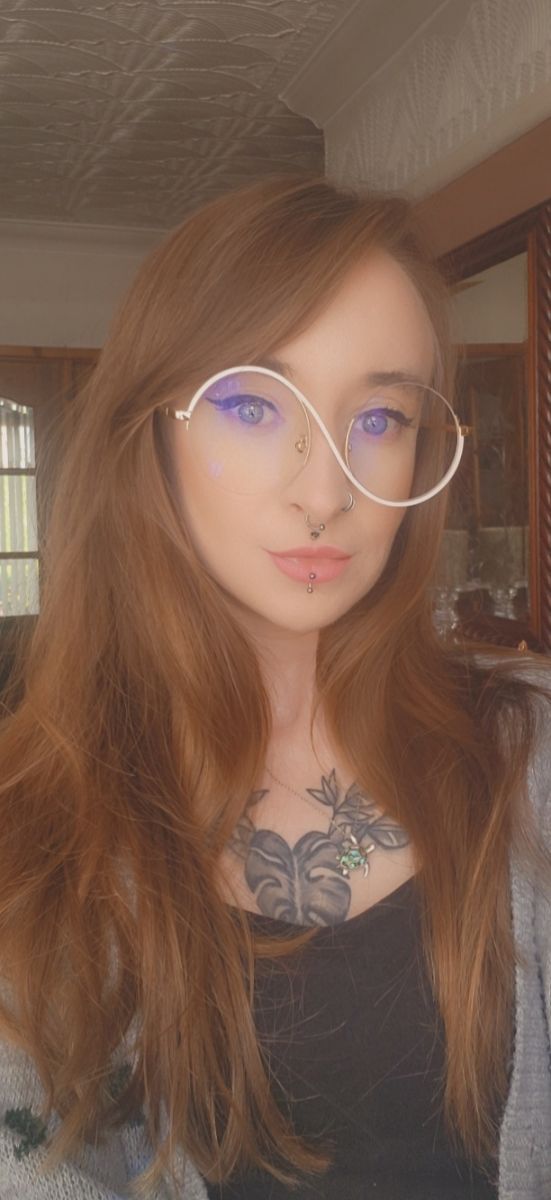
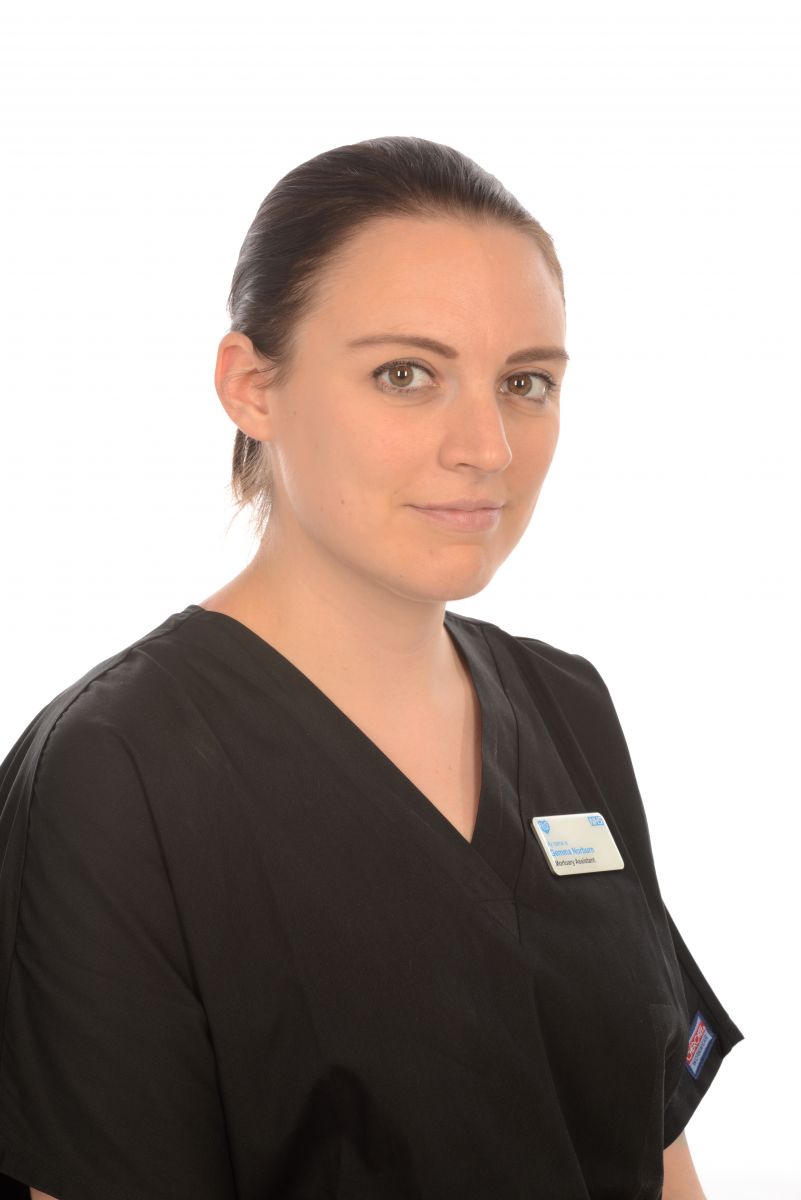
.jpg)
.jpg)
